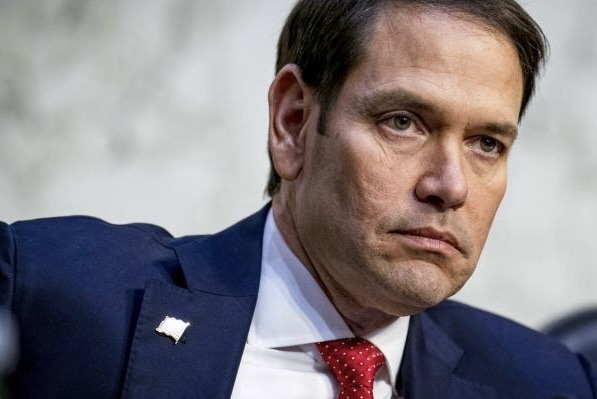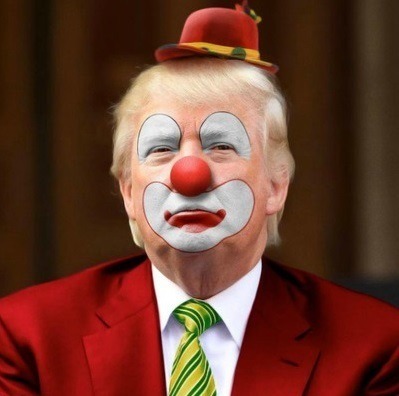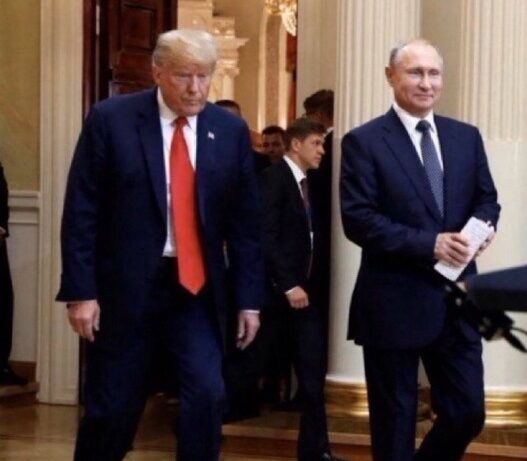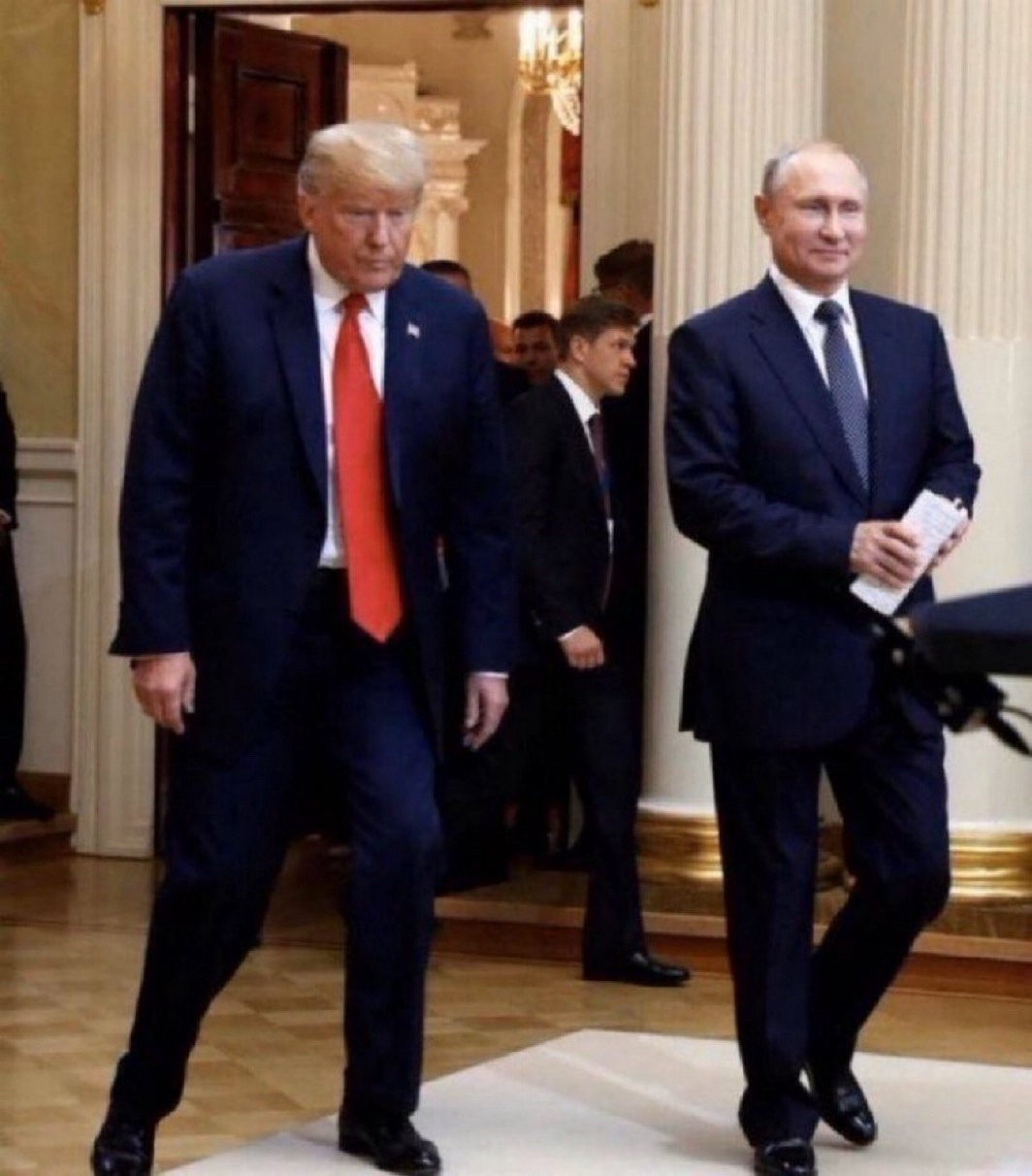In a move that risks further isolating the United States on the world stage, Senator Marco Rubio has announced that he will not attend the upcoming G20 summit in Johannesburg, South Africa. The summit, set to convene global leaders to discuss pressing international issues like climate change, economic inequality, and sustainable development, will be a key opportunity for cooperation and dialogue. Rubio’s refusal to participate, however, highlights his growing opposition to the principles of diversity, equity, and inclusion, which he deems unnecessary and counterproductive to American interests.
Rubio’s stance stems from his criticism of South Africa’s focus on “solidarity, equality, and sustainability,” values he equates to the promotion of DEI and climate change agendas. The senator argued that these issues distract from what he sees as the core goals of global diplomacy, accusing South Africa of prioritizing social justice at the expense of more pressing matters. Rubio’s decision to withdraw from the summit suggests a growing trend among some conservative politicians to reject Diversity, Equity and Inclusion, even in the face of global challenges that demand inclusive collaboration.
While Rubio’s objections are rooted in ideological ignorance, his decision to boycott the summit is one that risks further isolating the U.S. from the international community. The G20 provides a crucial platform for the world’s major economies to come together, share perspectives, and work toward common solutions. The absence of the U.S., particularly under such divisive circumstances, sends a clear message to the global community that the country is unwilling to engage in key discussions about climate change, economic fairness, and human rights.
The G20 summit represents an opportunity for nations to tackle the most pressing issues facing the planet, but Rubio’s stance threatens to undermine American influence in these important conversations. With global challenges like climate change, economic inequality, and the ongoing refugee crisis, multilateral cooperation has never been more essential. The U.S. has long positioned itself as a leader in promoting human rights, democracy, and sustainable development, but turning away from international forums like the G20 weakens that leadership and leaves room for other nations to assert their influence.
By choosing to opt out of the G20, Rubio is signaling a retreat from diplomacy and cooperation in favor of isolationist policies that limit America’s ability to shape the future of global governance. This move mirrors the approach taken by other nations, such as Russia, which have become increasingly isolated by refusing to engage with international institutions. Like Russia, the U.S. risks becoming irrelevant in the global conversation, sidelined in favor of countries that embrace multilateralism and cooperative decision-making.
Some critics argue that Rubio’s decision could create a vacuum in global leadership, one that China is all too eager to fill. China has been expanding its influence in Africa and beyond, positioning itself as a champion of development and international cooperation. By refusing to engage in forums like the G20, the U.S. risks losing its competitive edge in shaping global policies and norms, allowing China and other emerging powers to dominate the narrative on issues like climate change and economic growth.
In contrast, nations that embrace diversity, equity, and inclusion in their international engagements are demonstrating their commitment to fair and sustainable policies. South Africa’s focus on diversity, equity, and inclusion at the G20 is not just about social justice—it is about creating an inclusive global framework where all nations have an equal voice. The U.S. has historically been a leader in advocating for these values, and by rejecting them, Rubio’s decision undermines America’s credibility on the world stage.
The refusal to attend the summit also represents a missed opportunity for the U.S. to engage with countries in the Global South—nations that are often left out of high-level discussions despite facing some of the world’s most pressing challenges. South Africa’s presidency of the G20 is an important chance to address issues of global inequality, climate change, and the reform of international institutions. By opting out, the U.S. risks alienating these countries and losing its influence over the policies that shape the future of global governance.
Ultimately, the decision to boycott the G20 summit over concerns about diversity, equity, and inclusion is a shortsighted one. In a world that is increasingly interconnected, the U.S. must recognize that global leadership requires more than just military power and economic strength—it requires engagement, cooperation, and the willingness to address systemic issues like inequality and climate change. By choosing isolation, Rubio and others like him are positioning the U.S. to be left behind as the rest of the world moves forward.
As the G20 summit approaches, it is clear that the U.S. faces a critical crossroads. The country can either embrace a future of global collaboration, where diversity, equity, and inclusion play a central role in shaping policy, or it can continue down a path of isolation, where American leadership risks becoming increasingly irrelevant. The decisions made in forums like the G20 will impact the future of the planet, and it’s crucial that the U.S. remains a part of these discussions, not just for its own benefit, but for the benefit of the global community as a whole.





